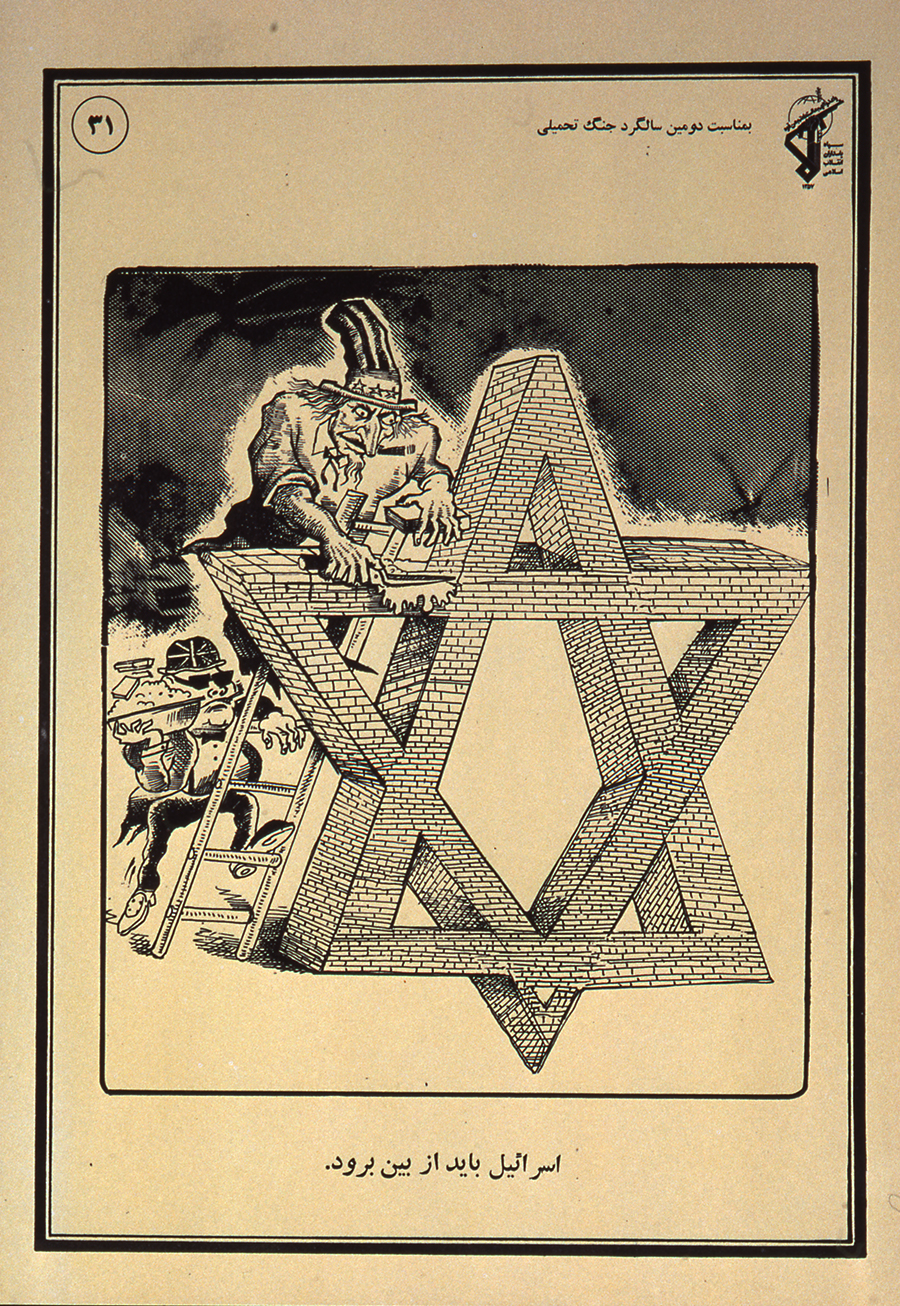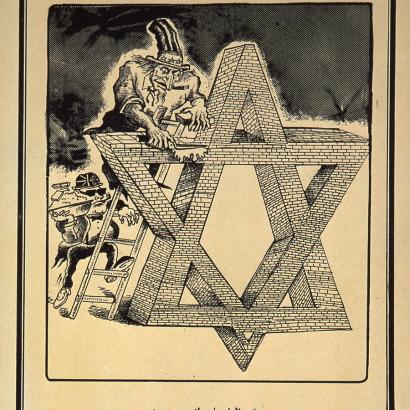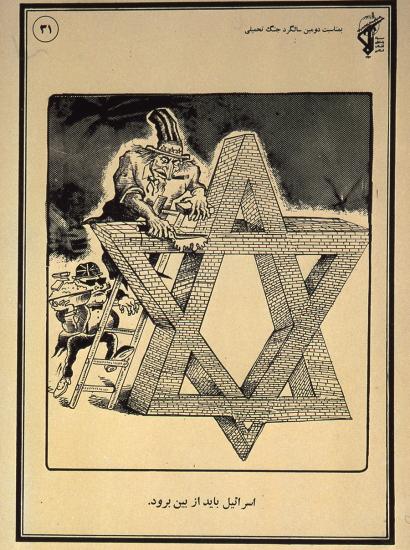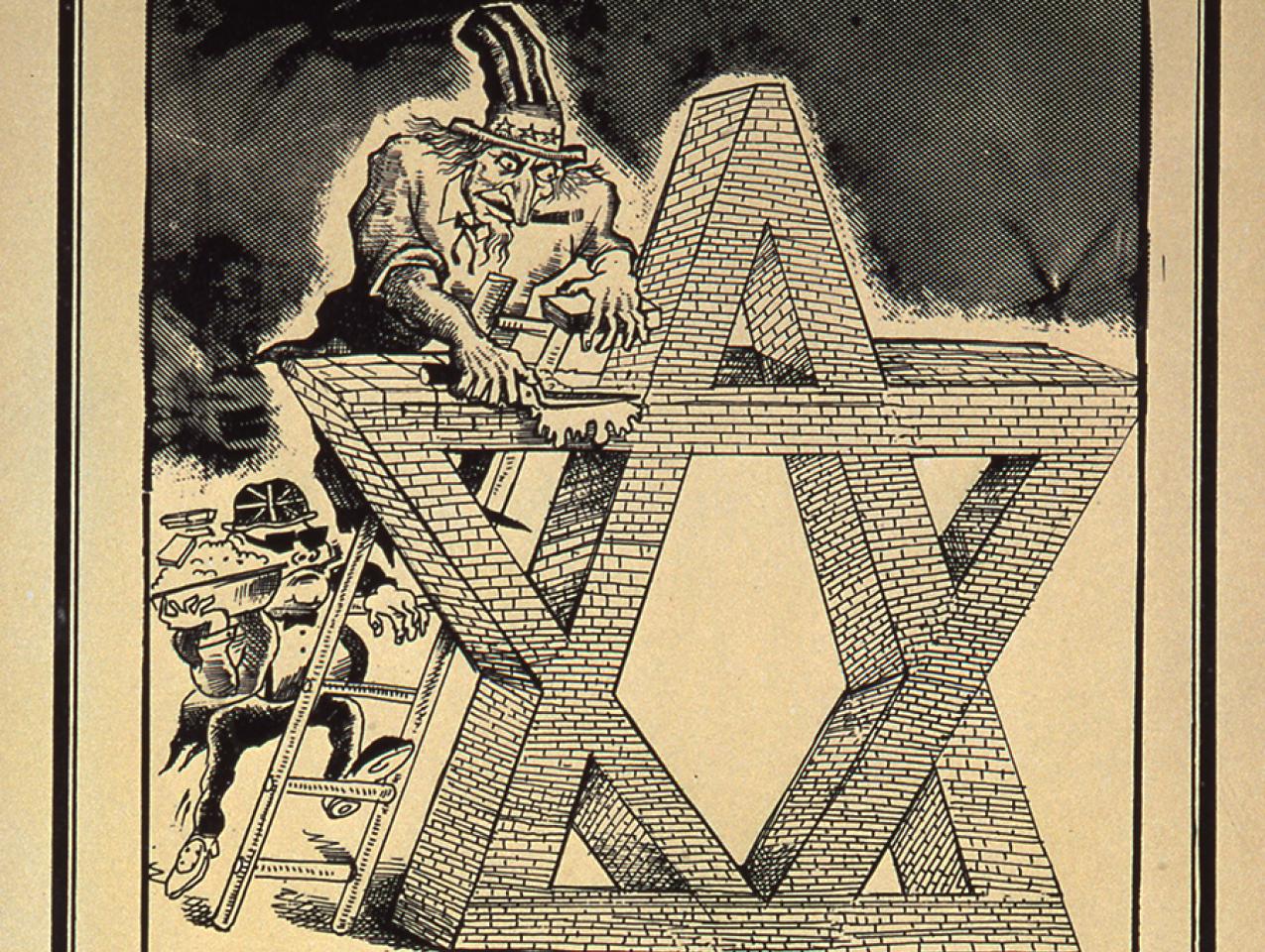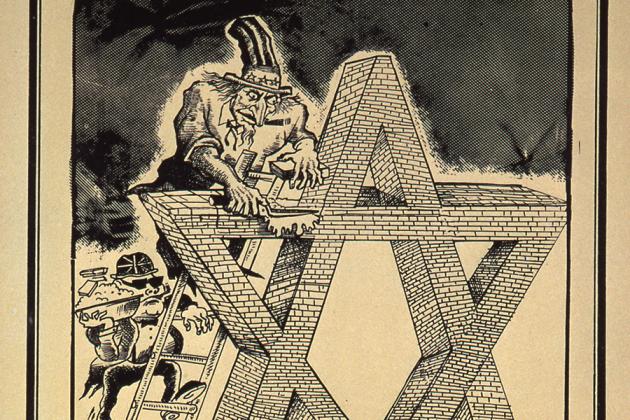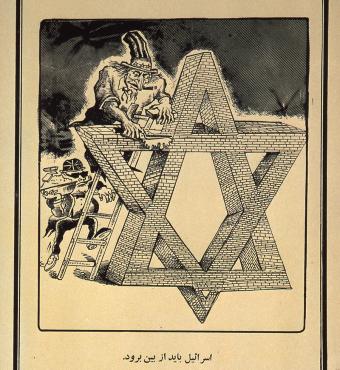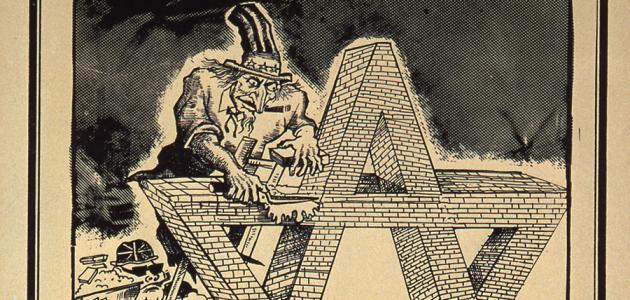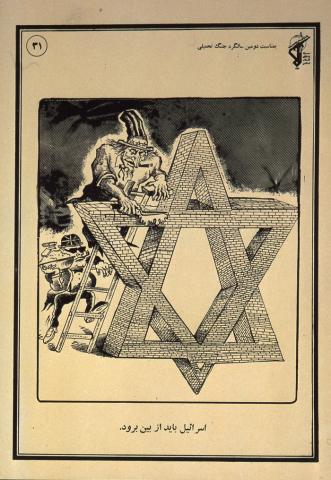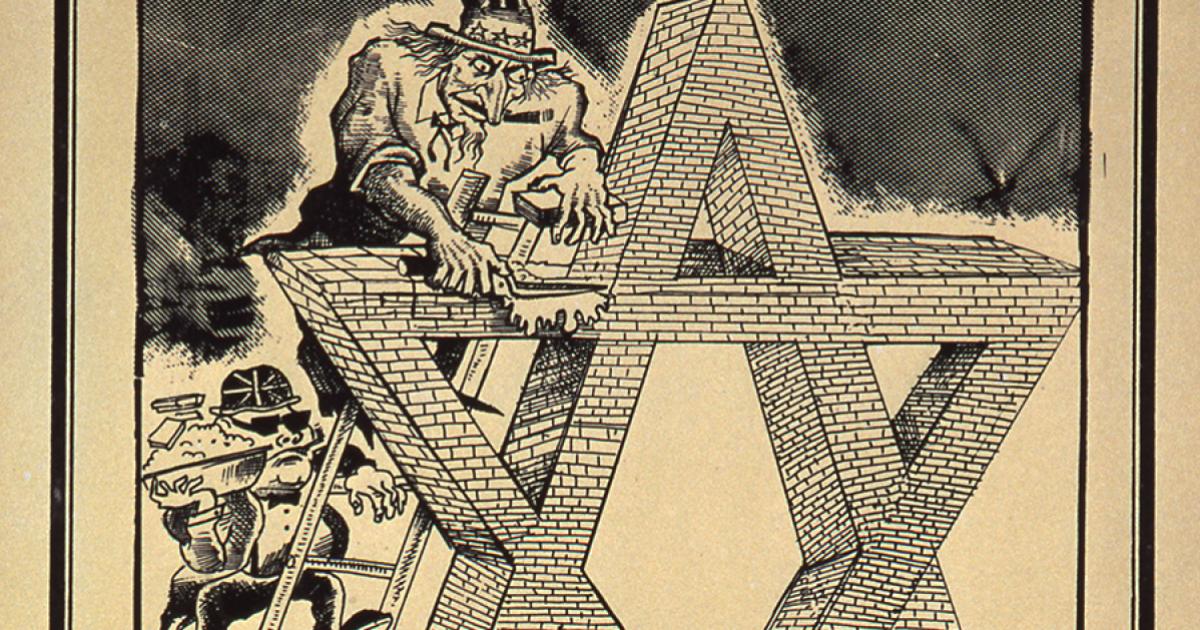Deterrence theory rests upon the idea that the limited use of force, or a threat of the use of force, can convince an opponent not to take an action or, alternatively, compel them to take an action desired by the initiating power. However, this theory rests upon an assumption that both parties involved have a reasonable understanding of the “language” of the other power, and that both parties are sufficiently coherent in their communication of the threat and the desired equilibrium point. There is reason to suspect that such a common understanding in terms of both language and the desired outcome does not exist between the United States and Iranian Islamic Republic.
The first breakdown in this communications loop is found in the assertions of the American side of the conversation. The leaders of the Biden administration all share a common philosophical belief in a ubiquitous cultural understanding of the importance of racial survival (the human race, not the ethnic definition) as well as an adherence to a progressive vision of societal evolution. These beliefs guide the Biden team towards a postulation that Iran and its proxies will prioritize their personal survival and peaceful advancement above other priorities so long as political grievances for past actions are sincerely addressed. These conjectures also reflect an all-too-common attribute of the enlightened West, mirroring, wherein the Biden team looks at Iran and sees themselves, their own beliefs and aspirations, and their foreign policy goals, looking back at them. Regarding Iran, they could not be more incorrect.
Iran understands how the United States and the broader West views them. They recognize the willful ignorance of Iran’s broader political, cultural, and religious goals, and they seek to use that misperception to their own ends. Iran’s ayatollahs continue to promote a revolutionary vision of Shi’a Islam that is combined with a belief in the supremacy of the Persian culture. Iran’s religious leadership believe that their sect of Islam is fated to dominate the Middle East and that, culturally, Persia is fated to govern the world once again as a hegemonic great power. As members of the “Twelver” sub-sect of Shi’a Islam, they also believe that if they are unable to achieve their goal, a cleansing religious end of the world scenario is acceptable. This is perhaps too simplistic a statement, and it certainly doesn’t reflect the desire of every citizen of Iran, but it does capture the undergirding zeitgeist of Iran’s ruling theocracy.
The unwillingness of the United States to hold Iran directly responsible for the actions of its proxies—Hezbollah, Hamas, and the Houthis—has ceded the strategic initiative to Iran despite its relatively weak position militarily, economically, and diplomatically, while reducing the regional political stature of the West in the process. Having gained the initiative, Iran has continued to escalate its attacks against the West both horizontally across the region and vertically in terms of the severity and number of attacks.
Thus far the Biden administration, still eager to engage Iran diplomatically and to establish the new regional balance of power first proposed by the Obama administration, has insisted on either not responding to the attacks by Iran’s proxies—initially restricting American ships to shooting down missiles targeted at them, but not attacking the launchers that fired them—or responding “proportionally” to those attacks by hitting Houthi positions, but never their Iranian backers. The net result is that the Biden administration’s response to attacks upon the interests of the United States and its allies has been so muted as to dissipate any compellent effect upon the Iranians.
If the United States is to reestablish a deterrent role in the Middle East, it must not fear to climb the escalation ladder by hitting Iranian targets. Candidate objectives should include Iranian Revolutionary Guard Corps installations, Iranian naval assets, critical energy infrastructure, and even nuclear weapons development facilities with strike packages that are more destructive than any launched by Iran’s proxies. Iran’s religious leaders must feel the ground shake under their own feet both politically and militarily. If this threat is not made manifest in their minds, they will continue to feel free to attack American and other Western interests wherever and whenever they wish. Until the words we say match the words they hear, there can be no diplomatic modus vivendi between our two countries. Once they feel fear of American strength again, then respect will also return, and stability. Until then, if the United States continues to appease the ayatollahs, there will be no peace.







